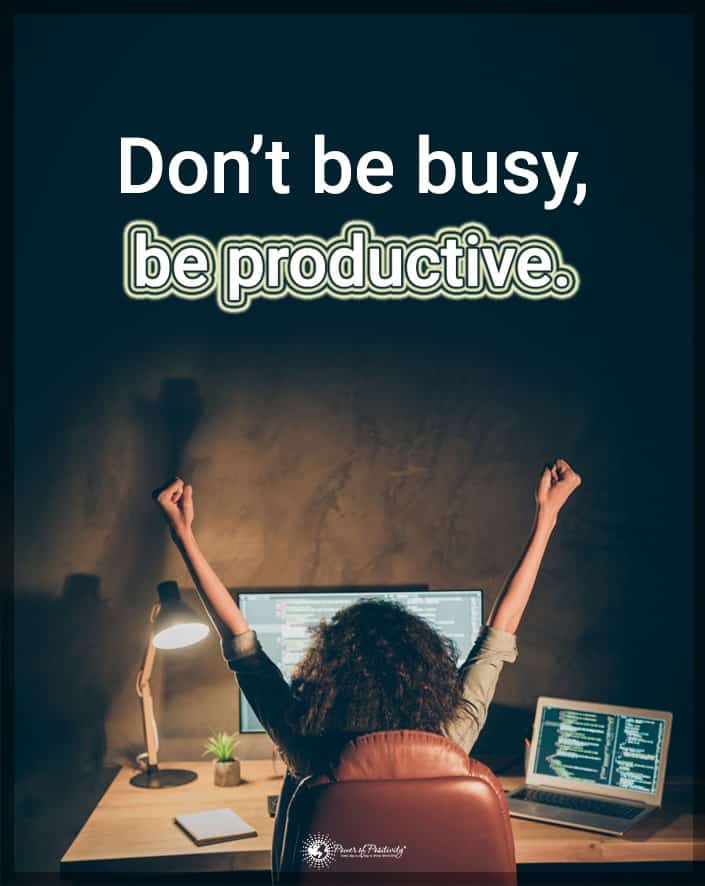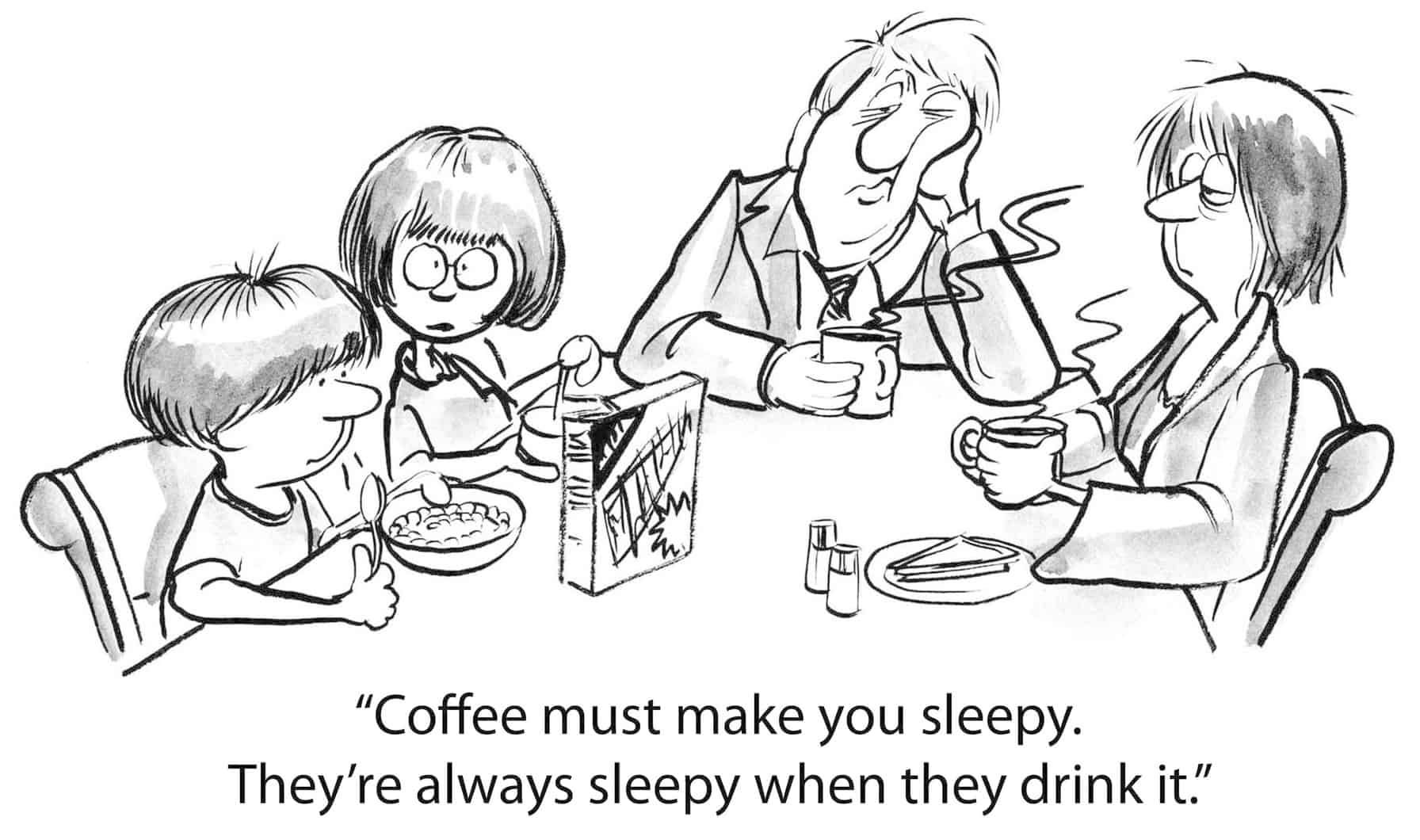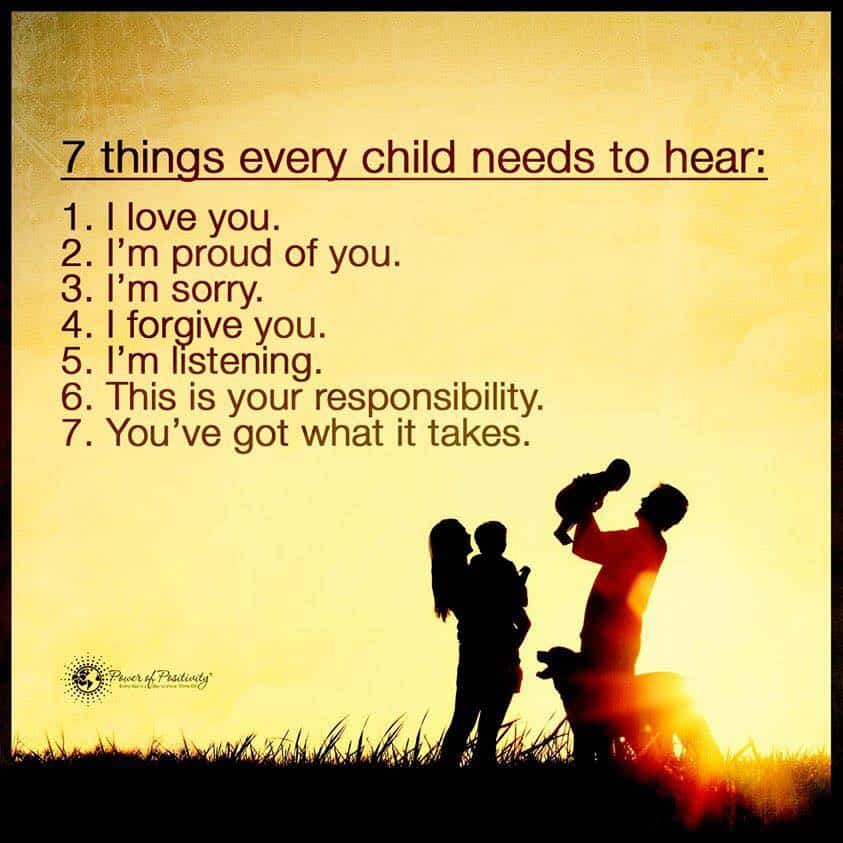Do you know the difference between busy vs productive people? If not, you might feel like you aren’t making any progress even though you’re always doing something. By being busy but not productive, you waste your precious time and interfere with your advancement in life.
One difference is that a busy person rushes around frantically, talking about how busy they are. Productive people, on the other hand, stay calm, in control, and prioritizes essential tasks. They don’t constantly talk about their busy lives because they’re too busy managing their time wisely.
Busy vs productive might sound similar, but they are more different than you might realize. To be busy means that someone is always doing something, whereas being productive means getting things done. Productivity leads to better results and more free time, while business only causes stress.
Learning about the habits of a busy vs productive person can help you make a positive change in your life. You can begin eliminating your old ways of thinking and developing beneficial habits that lead to productivity. This change will make all the difference in your life.
You can ask me for anything you like, except time.” -Napolean Bonaparte
Eleven Habits That Differentiate Between Busy Vs Productive People
Here are eleven ways you can see the difference between busy vs productive people:
 1. They Prioritize
1. They Prioritize
Productive people identify and prioritize the important and necessary tasks in their life. They keep these things separate from the things that aren’t as pressing or have no deadline. This type of person makes it a habit to quickly figure out the critical tasks to put at the top of their list.
Busy people will always have something to do, but they might not do the most important things first. They will work on things that aren’t due yet or don’t have a deadline at all while letting pressing matters wait. This habit causes them to feel stressed out and like they can’t get everything finished.
2. They Plan
Once a productive person has figured out the essential tasks, they create a plan. They schedule their day and make plans around their deadlines, allowing for plenty of work time. If they have a non-work-related event coming up, they plan their tasks around that, allotting time off for themselves.
This type of person also plans things like taking the best route for quickly accomplishing more than one errand. They plan anything that they can that will save time or energy, and they even plan for unexpected setbacks. By thinking about things that might come up, they prevent getting behind when an obstacle occurs.
Busy people will make multiple trips for separate errands because they didn’t plan. They will miss out on fun experiences because they didn’t accomplish enough during their dedicated work time. Plus, they will often feel overwhelmed and forget what to do next.
3. They Are Efficient
Being efficient goes along with planning, in a way. Once a plan is in place, an efficient person will use their time wisely. They stick to their plan and do what they intended to each day without unnecessarily wavering. Plus, they make sure to utilize every opportunity put in their path.
If they know they have to go somewhere, they consider what else they can get done there, too. So, if a productive person is getting a vehicle repair, they will get an oil change at the same time.
They will also bring work with them while traveling if they have to ride for a while. The downtime of travel is a time for the person to brainstorm, take notes, or focus on any reading material they have been putting off.
Busy people don’t think about how they can use their time more efficiently. They won’t use downtime to get other important tasks done, and they don’t think ahead about minimizing trips. Because of this, they end up wasting time and causing unnecessary stress for themselves.
4. They Say No
Productive people understand that they must say no sometimes, and they don’t take on more than they can handle. This type of person knows what is important in their life, and if another task threatens to interfere, they won’t agree to do it. Knowing when to say no gives them the time and energy to focus on their projects.
Busy people, however, take on more than they can handle. They don’t say no to anything, causing overwhelming stress. Plus, they won’t be as focused as they should be, potentially ruining their efforts.
5. They Do One Thing At A Time
Rather than jumping from task to task, the most productive people focus on one thing at a time. They do this to ensure they don’t miss something by getting sidetracked or distracted. When they focus on one thing, it also helps them work faster as they won’t have to keep shifting their focus.
Busy people try to multitask and do many things at once, however. Multitasking isn’t beneficial, and studies show that it may cause poor results. Plus, constantly shifting your focus will cause everything to take longer.
 6. They Do It Right The First Time
6. They Do It Right The First Time
Efficient people do their best to do everything right the first time. It saves them time later as they won’t have to go back and fix things or redo them. They might take longer to get the task finished, but it saves them time in the end.
Busy people tend to rush through things to get it done quicker. Then, they have to go back and fix their mistakes later. Sometimes, they will even have to start all over again, resulting in more wasted time.
7. They Close The Door
When productive people have deadlines, they close their door. They do this as a signal to others not to disturb them, and it forces out distractions. When they do this, they can focus better and eliminate unnecessary interruptions.
Busy people enjoy interruptions, or at least they seem to welcome them by leaving their door open. They want to be a part of everything going on, even when that means their work takes longer. It disrupts their focus and can disrupt the quality of their work.
8. They Get The Job Done
Efficient people do whatever it takes to get things done. Once they set their mind to it, create a plan, and get started, they don’t stop until they are finished. Having this type of focus prevents procrastination and avoidance.
Busy people find any other task they can do before they sit down and focus on the big ones. They have excuses and waste time because the job seems too daunting. So, while they always have something to work on, they aren’t always getting things done.
9. Surround Themselves With Effective People
The people you spend your time around influence your mind more than you might initially realize. By surrounding themselves with other effective people, productive people can maintain their motivated mindset. This type of person wants people in their life that will encourage and inspire them.
On the other hand, busy people don’t pay attention to or care about the mindset of the people they spend their time around. If they are close to a slacker, they will begin to slack off, as well. They often give in to peer pressure, even when they know they should be working on something productive.
10. They Spend Their Time Wisely
Productive people understand that life isn’t all about work-related tasks or making money. They recognize the importance of being present for the people in your life. This acknowledgment allows them to let loose, forget about work, and enjoy their life regularly.
When they enjoy life, they learn to appreciate what they already have. Having a more positive mindset will further their productivity and lead to less stress in their lives. So, while it seems like productive people are sitting around having fun, they are actually preparing for their focused work time.
Busy people, however, often miss out on the joy in life because they aren’t spending their time wisely. Rather than being present and giving themselves a break from work-related thoughts, they continually do work-related tasks. This habit doesn’t allow them to get more work done, though, because it makes it harder to focus and be productive.
11. They Grow And Change
Change is part of life, and productive people don’t resist it. They adapt and grow based on the changes taking place in their lives. Forming new habits and letting go of old ones isn’t an issue for them, and they always continue moving forward.
Busy people hold onto the past as life changes, hindering their ability to grow. They resist change and struggle to develop new skills based on the changes. This mindset causes even the most basic tasks to be more difficult.
 Final Thoughts on Habits That Differentiate Between Busy Vs Productive People
Final Thoughts on Habits That Differentiate Between Busy Vs Productive People
Differentiating between busy vs productive people is easy once you know the habits. If you notice that you do any of the things that busy people are guilty of, make it a point to implement new habits. There is always room for growth and development, so use this as your learning opportunity.
When people seem busy all of the time but aren’t productive, the problem lies in the habits of busy vs productive people. These habits are sure ways to recognize the difference.







